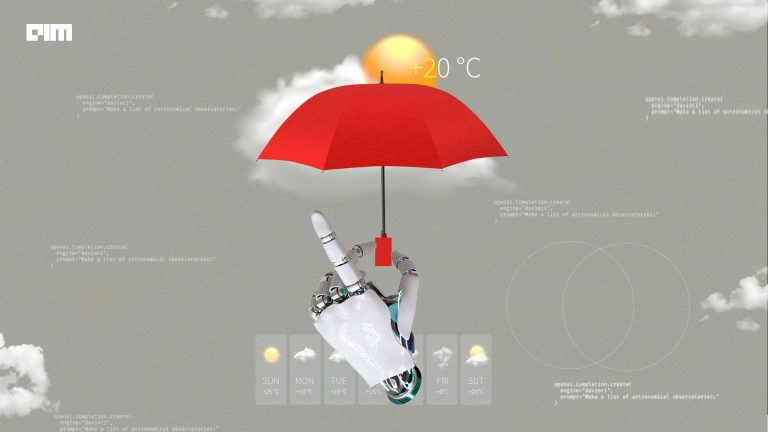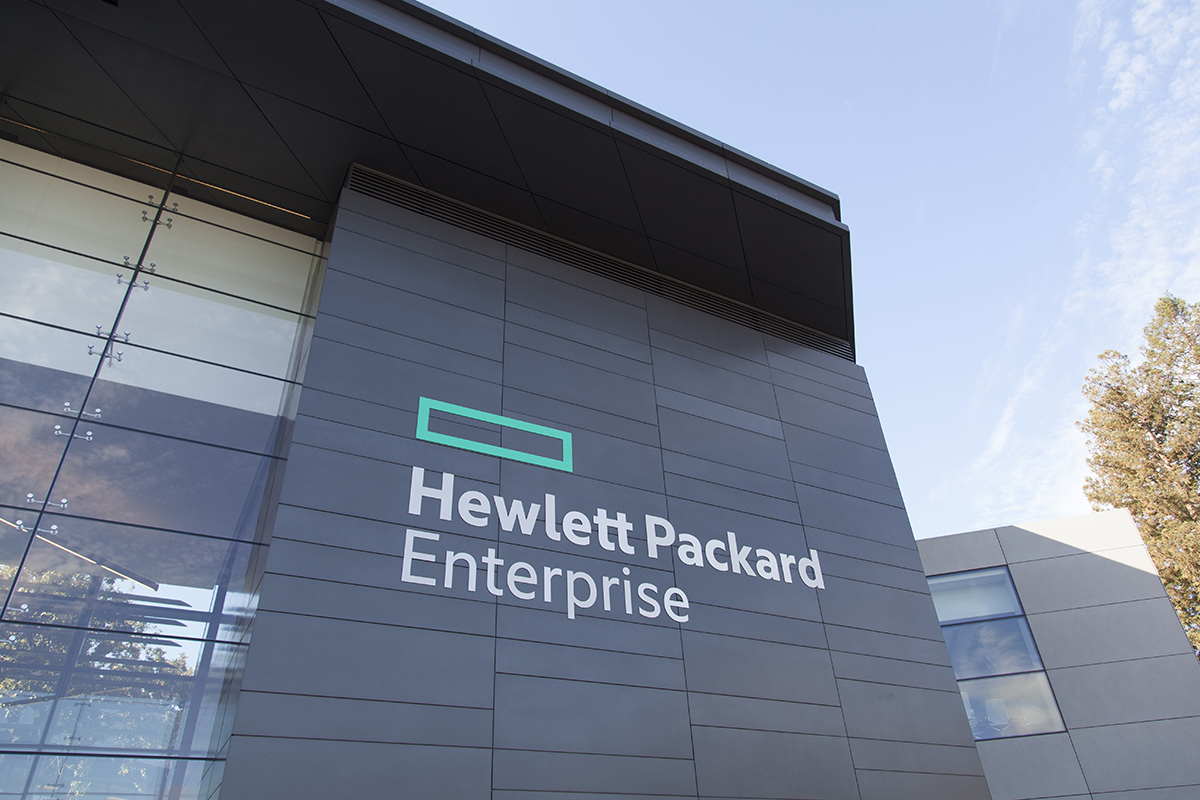Founded in 2015, Moglix, the industrial B2B e-commerce unicorn, provides solutions to over 500,000 MSMEs.
Analytics India Magazine got in touch with Sandeep Goel, Senior Vice President, Strategy & Operation, Moglix. An alumnus of the Indian Institute of Science (IISc), he is responsible for devising growth strategies at Moglix. Sandeep comes with over 25 years of experience in the tech industry.
“Today, every organisation is developing solutions specific to their needs. Still, portable models will become available over a period where models developed by one organisation will be easily reusable by others, bringing speed to the deployment of AI/ML solutions,” said Sandeep.
AIM: How does your company implement AI/ML/Analytics to drive growth? Discuss briefly by citing customer success stories or use cases.
Sandeep: At Moglix, we leverage artificial intelligence and machine learning algorithms for the following objectives:
- Data Cleaning: A clean catalogue is vital to our business. Situations such as missing attributes, duplicate items, or wrong classification can adversely impact our business. AI/ML helps us keep our catalogue clean.
- Search: B2C has led the evolution of search use cases, wherein the consumer prefers to search for a product rather than navigating through various categories. The exact use case is starting to apply for the B2B world, and search results must be accurate. Given the language diversity in India, where English has also become Hinglish (a mix of Hindi and English), AI/ML becomes a powerful tool to run Natural Language Processing (NLP) algorithms to generate accurate search results.
- Decision Making: Data is the new raw material, and AI/ML is the mining machine to extract the value. Data-driven decisions are critical for better efficiency, cost optimisation, and governance in B2B commerce scenarios.
- Efficiency improvement: From mapping customer requirements to our product to predicting potential incorrect addresses, AI/ML helps us make several decisions. We are able to achieve 4 X better efficiency and catch incorrect addresses upfront to avoid a product return.
- Cost optimisation: Order processing flow involves various decision points, such as selecting a supplier or logistics service provider, impacting the transaction cost. We are using AI/ML to make such decisions resulting in cost optimisation.
- Better governance: B2B commerce transactions are vulnerable to human errors, both intentional as well as unintentional. Techniques such as optical character recognition (OCR) help us in avoiding such errors to a great extent.
AIM: How much percentage of resources are focused on implementing state of the art?
Sandeep: At Moglix, our focus is on building products and solutions for our internal consumption and customers. Our experience in supply chain digitisation, master data management, data mining, and procurement analytics is the core of our business.
Currently, 10% of our tech workforce is dedicated to working on projects related to AI/ML.
AIM: What kind of skills do you look for while hiring data scientists/ ML engineers?
Sandeep: There are two key aspects of a data scientist:
- First is the ability to understand and interpret data. This skill usually comes through domain experience, and one has to spend enough time in the industry to acquire this skill.
- Understanding of AI/ML tools and algorithms. Colleges and online learning platforms offer various courses.
We look to hire people who have expertise in the above two areas. We like first principle problem solvers, and few of our data scientists are homegrown.
AIM: What is the major challenge for recruiting Indian talent?
Sandeep: The first challenge is the availability of the right talent. The Indian technology vertical has been transitioning from a service mindset to a product mindset. However, the transition has not happened fully, and people often confuse the role of a program manager vs product manager. Indian tech enterprises need product managers who can take end-to-end ownership of the product from conceptualisation to commissioning. While many institutes in the market offer a course in data science, most of them are not equipped to provide an accurate data science experience due to the lack of the right data and scenarios.
The second challenge is the stability which has worsened during the pandemic. Work from anywhere has impacted the stability of resources, and the talent war has triggered attrition driven by salary hikes which are not sustainable.
AIM: What are the predominantly used programming languages by your data science team? What does the tool stack of your team look like?
Sandeep: Some of the programming languages used predominantly by our data science/analytics team are Java, Scala, PHP, Python, Angular.
Our tool stack includes Scikit, SpaCy, RabbitMQ, Cassandra, Mongo, ElasticSearch, and Apache. Other libraries include Pandas, Numpy, FBProphet, NLTK, SciPy, PDFminer, Pytesseract, APScheduler. For database management, we use an SQL server. Also, we use Matplotlib, Seaborn, Plotly for visualisation, and GitHub for tracking.
AIM: What kind of AI/ML deployment challenges does your team face? Do you prefer having your in-house R&D team or outsource the innovation?
Sandeep: The right amount of good quality learning data is essential for data scientists to examine and construct models, whether labelled or unlabeled data or search logs. As such, technology integration in the manufacturing supply chain ecosystem is sparse. An application with AI and ML capabilities feeds on user behaviour data to continuously improve itself. Lack of user adoption weakens the feedback loop between the application and the user.
Those enterprises that are in the pilot purgatory stages face the challenges of data being spread across silos, functional teams and departments, and the personal devices of users. Integrating the disconnected data fragments is a challenge. Other enterprises have invested in diverse legacy systems and have to navigate multiple solutions to complete a task’s end-to-end cycle. Again, approval workflows and data governance models are, in many instances, not clearly outlined. This gives rise to multiple scenarios of unclean data across their supplier base, customer base, warehousing management systems, and inventory management systems.
Innovation can never be outsourced. It has to be driven by an in-house team with a deep understanding of our business. However, we do engage with partners to co-innovate and learn from their experiences.
AIM: How do you see the landscape of AI/ML evolving in India with regards to your domain?
Sandeep: The Indian manufacturing sector will soon reach the USD 1 trillion mark, and it will require capabilities of faster decision-making to handle this growth. The data explosion caused by this growth will be impossible for humans to take, and they will need to be acquainted with the technology. AI and ML will play a critical role in creating efficiencies, governance, and decision-making.
Areas such as NLP-based search, deep learning-based image processing solutions, or algorithms for prediction and classification will become an integral part of manufacturing and B2B commerce. Today every organisation is developing solutions specific to their needs. Still, portable models will become available over a period where models developed by one organisation will be easily reusable by others, bringing speed to the deployment of AI/ML solutions.








































